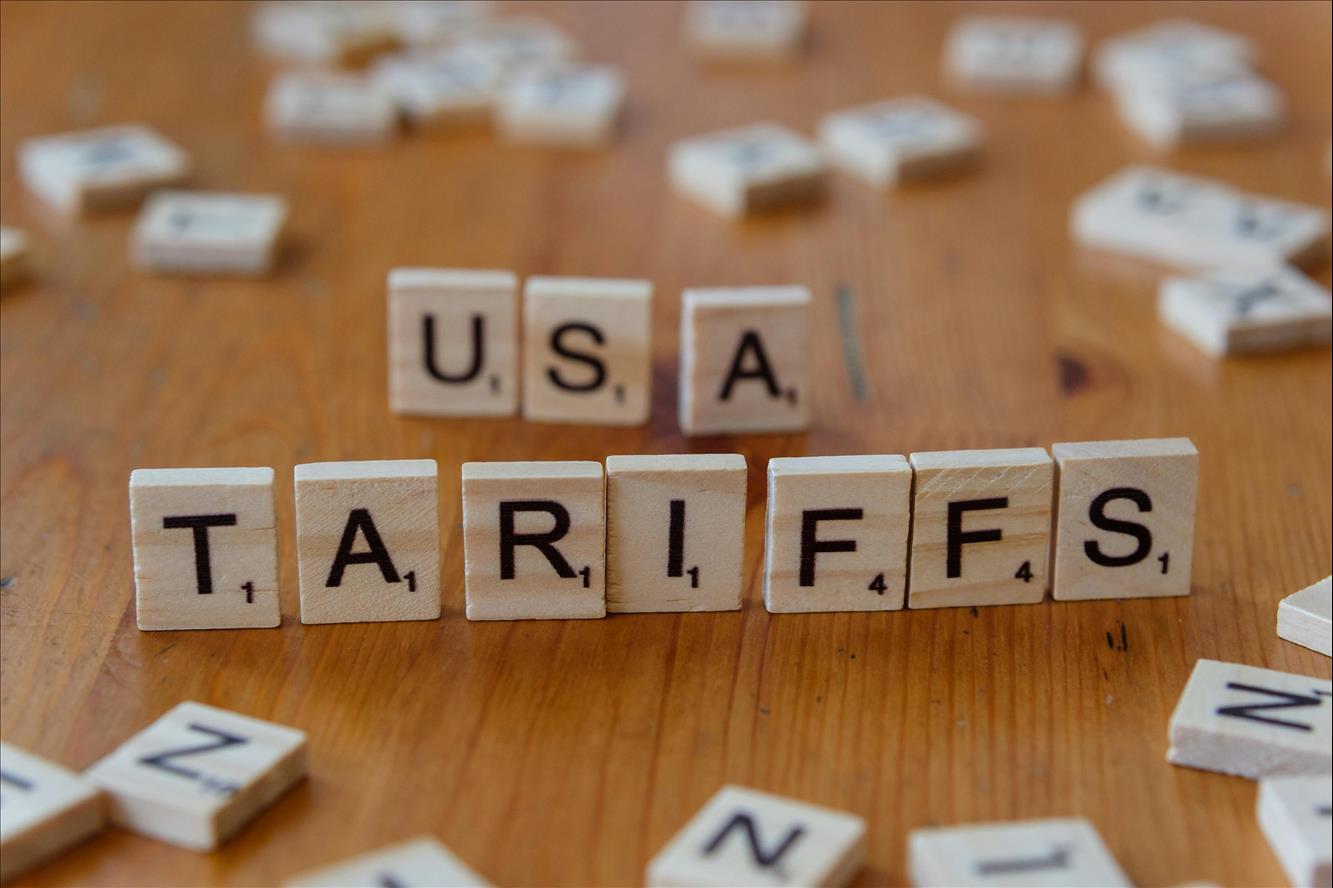
403
Sorry!!
Error! We're sorry, but the page you were looking for doesn't exist.
Brazil Launches Case at WTO Over U.S. Tariffs
(MENAFN) Brazil has formally launched a case at the World Trade Organization (WTO) in response to sweeping tariffs imposed by U.S. President Donald Trump, marking a sharp escalation in trade tensions between the two nations, the Foreign Ministry announced Wednesday.
A "request for consultation"—the WTO’s initial step before formal dispute proceedings—was submitted by Brazil in an effort to resolve the disagreement diplomatically.
The complaint specifically targets tariffs enacted under two executive orders signed by Trump on April 2 and July 30, 2025. These measures, grounded in U.S. statutes including the International Emergency Economic Powers Act and Section 301 of the 1974 Trade Act, authorize tariff rates as high as 50% on a broad spectrum of Brazilian exports.
In a strongly worded statement, Brazil accused Washington of breaching global trade rules:
"By imposing the aforementioned measures, the United States is flagrantly violating the core commitments assumed by that country at the WTO, such as the most-favored-nation principle and the tariff ceilings negotiated within the framework of that organization," the Foreign Ministry said.
Consultations, the WTO’s prescribed first phase in settling disputes, are designed to offer both sides a chance to negotiate a resolution before a formal adjudication panel is convened.
"The Brazilian government reiterates its willingness to negotiate and hopes that the consultations will contribute to a solution to the problem," the ministry added, signaling openness to a diplomatic solution.
Consultation logistics, including timing and venue, will be determined by both governments in the coming weeks.
Trump’s tariff package—effective as of Wednesday—is the most severe levied by a U.S. administration against Brazil, impacting an estimated 35.9% of all Brazilian exports to the United States, according to figures from the Brazilian Ministry of Trade.
While the tariffs exempt products like orange juice, civil aircraft, petroleum, vehicle parts, fertilizers, and energy commodities, they impose steep duties on key Brazilian exports such as meat and coffee.
The move comes just a day after Brazil’s Government Gazette published a resolution authorizing the Foreign Ministry to trigger the WTO’s dispute settlement mechanism, aimed at upholding international trade norms and contesting policies viewed as non-compliant.
A "request for consultation"—the WTO’s initial step before formal dispute proceedings—was submitted by Brazil in an effort to resolve the disagreement diplomatically.
The complaint specifically targets tariffs enacted under two executive orders signed by Trump on April 2 and July 30, 2025. These measures, grounded in U.S. statutes including the International Emergency Economic Powers Act and Section 301 of the 1974 Trade Act, authorize tariff rates as high as 50% on a broad spectrum of Brazilian exports.
In a strongly worded statement, Brazil accused Washington of breaching global trade rules:
"By imposing the aforementioned measures, the United States is flagrantly violating the core commitments assumed by that country at the WTO, such as the most-favored-nation principle and the tariff ceilings negotiated within the framework of that organization," the Foreign Ministry said.
Consultations, the WTO’s prescribed first phase in settling disputes, are designed to offer both sides a chance to negotiate a resolution before a formal adjudication panel is convened.
"The Brazilian government reiterates its willingness to negotiate and hopes that the consultations will contribute to a solution to the problem," the ministry added, signaling openness to a diplomatic solution.
Consultation logistics, including timing and venue, will be determined by both governments in the coming weeks.
Trump’s tariff package—effective as of Wednesday—is the most severe levied by a U.S. administration against Brazil, impacting an estimated 35.9% of all Brazilian exports to the United States, according to figures from the Brazilian Ministry of Trade.
While the tariffs exempt products like orange juice, civil aircraft, petroleum, vehicle parts, fertilizers, and energy commodities, they impose steep duties on key Brazilian exports such as meat and coffee.
The move comes just a day after Brazil’s Government Gazette published a resolution authorizing the Foreign Ministry to trigger the WTO’s dispute settlement mechanism, aimed at upholding international trade norms and contesting policies viewed as non-compliant.

Legal Disclaimer:
MENAFN provides the
information “as is” without warranty of any kind. We do not accept
any responsibility or liability for the accuracy, content, images,
videos, licenses, completeness, legality, or reliability of the information
contained in this article. If you have any complaints or copyright
issues related to this article, kindly contact the provider above.













Comments
No comment